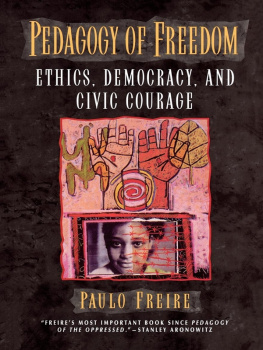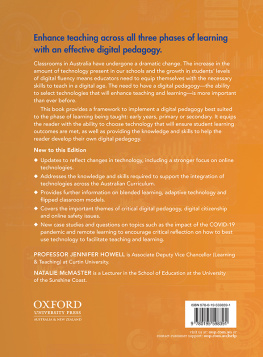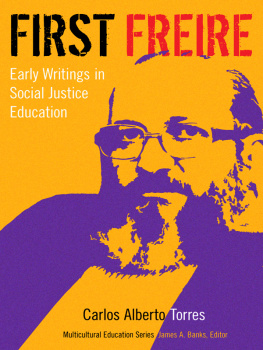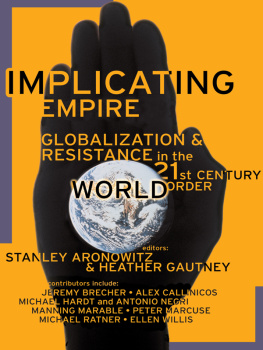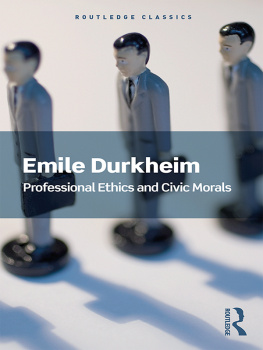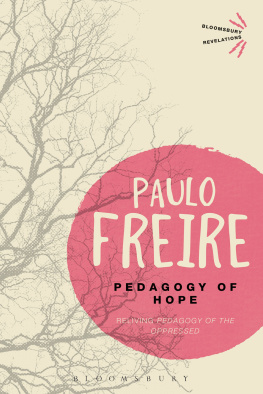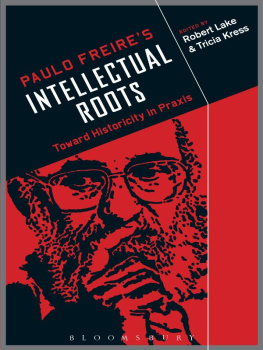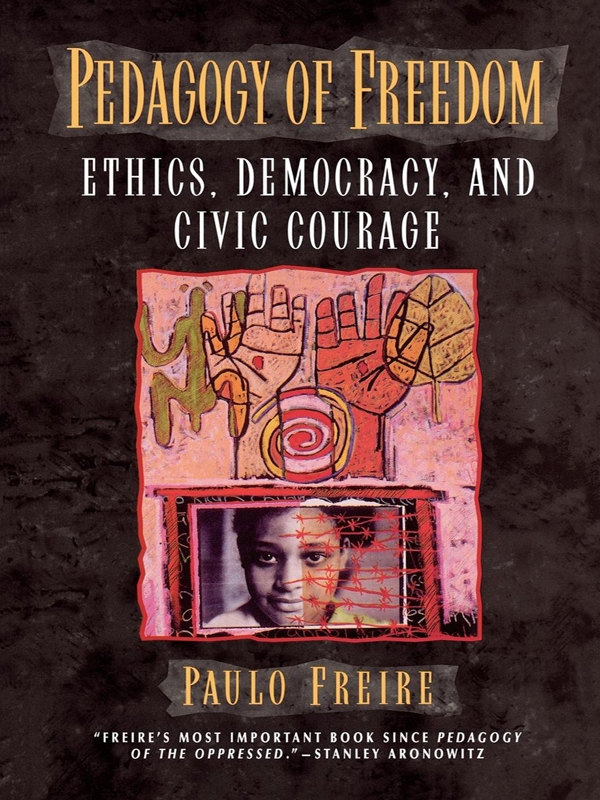Aronowitz Stanley - Pedagogy of freedom: ethics, democracy, and civic courage
Here you can read online Aronowitz Stanley - Pedagogy of freedom: ethics, democracy, and civic courage full text of the book (entire story) in english for free. Download pdf and epub, get meaning, cover and reviews about this ebook. City: Lanham;Maryland;Oxford;England, year: 2001;2013, publisher: Rowman & Littlefield Publishers, genre: Politics. Description of the work, (preface) as well as reviews are available. Best literature library LitArk.com created for fans of good reading and offers a wide selection of genres:
Romance novel
Science fiction
Adventure
Detective
Science
History
Home and family
Prose
Art
Politics
Computer
Non-fiction
Religion
Business
Children
Humor
Choose a favorite category and find really read worthwhile books. Enjoy immersion in the world of imagination, feel the emotions of the characters or learn something new for yourself, make an fascinating discovery.
- Book:Pedagogy of freedom: ethics, democracy, and civic courage
- Author:
- Publisher:Rowman & Littlefield Publishers
- Genre:
- Year:2001;2013
- City:Lanham;Maryland;Oxford;England
- Rating:5 / 5
- Favourites:Add to favourites
- Your mark:
Pedagogy of freedom: ethics, democracy, and civic courage: summary, description and annotation
We offer to read an annotation, description, summary or preface (depends on what the author of the book "Pedagogy of freedom: ethics, democracy, and civic courage" wrote himself). If you haven't found the necessary information about the book — write in the comments, we will try to find it.
This book displays the striking creativity and profound insight that characterized Freires work to the very end of his life-an uplifting and provocative exploration not only for educators, but also for all that learn and live.
Aronowitz Stanley: author's other books
Who wrote Pedagogy of freedom: ethics, democracy, and civic courage? Find out the surname, the name of the author of the book and a list of all author's works by series.

